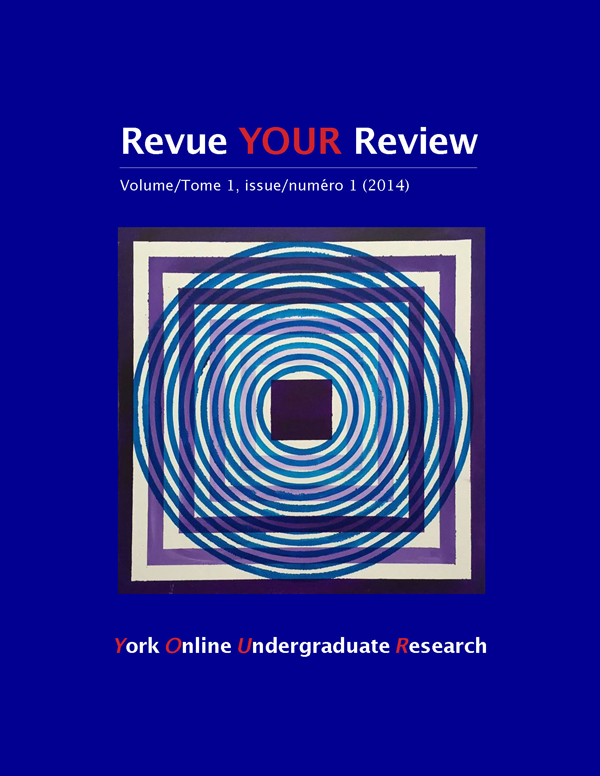The Sanctioning of Rape Myths: Problematizing Sexual Assault (abstract)
Résumé
In this paper, I explore the complexities associated with sexual assault in Canadian law and society by analyzing significant or sensationalized sexual assault cases, including: the leading Supreme Court of Canada case R v Ewanchuk (1999) on sexual assault and implied consent; the murder trial of British Columbia serial killer Robert Picton (2003); and assaults occurring on the campus of York University (Toronto). The concept of Implied consent is central to the assumptions underpinning many rape myths that blame victims for the violent actions of perpetrators (e.g., a woman who is deemed to be dressed inappropriately is held to be responsible, in some way, for her own assault). I situate my arguments within feminist socio-legal studies and contend that rape myths unduly sanction discrimination against victims. Hegemonic masculinity, which is based on a mythical norm, emerges as problematic in (re)constructing sexual violence. Hegemonic femininity also engages in a process of “othering,” which locates specific women as more “rapable” than others. Moreover, these gendered constructions are heightened by and interconnected with race and class inequalities. The use of sexual assault litigation as a tool for justice is debatable, at best, given the issue of reasonable doubt in criminal law and the re-traumatization of victims. Both Canadian law and society can be implicated in the problems associated with the trying of sexual assault cases, problems which cannot be adequately addressed without a deeper, contextualized analysis of discrimination as well as further activism.Téléchargements
Comment citer
Numéro
Rubrique
Licence
Les auteurs qui contribuent à la Revue YOUR Review acceptent de publier leurs articles selon une des trois catégories de la licence 4.0 : Creative Commons Attribution 4.0 International; Creative Commons Attribution-Pas d'Utilisation Commerciale 4.0 International; ou Creative Commons Attribution-Pas de Modification 4.0 International. Tout contenu éditorial de ce site ainsi que les affiches et les résumés sont sous la licence Creative Commons Attribution-Pas de Modification 4.0 International. Pour plus d’informations, veuillez voir :
https://creativecommons.org/licenses/
Dans tous les cas, les auteurs conservent leurs droits d’auteurs et concèdent à la Revue YOUR Review le droit de première publication. Les auteurs peuvent, par la suite, conclure d’autres accords de distribution non exclusifs de la version publiée dans ce périodique (par exemple, l’afficher à un dépôt institutionnel ou le publier dans un livre ou dans un autre périodique) à condition que la reconnaissance fasse mention de la publication originale dans la Revue YOUR Review.


